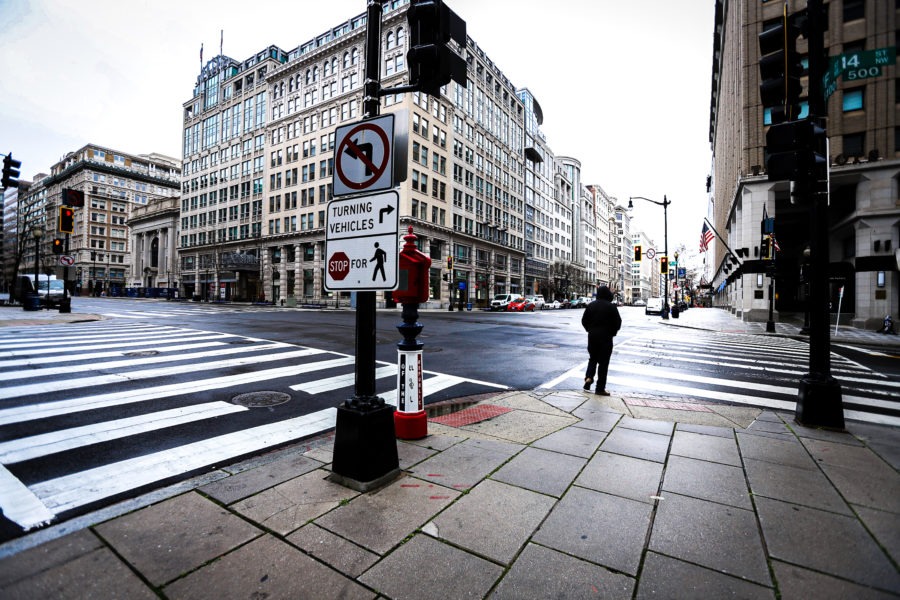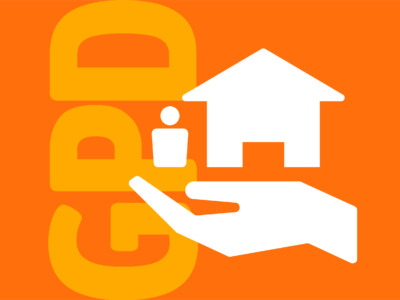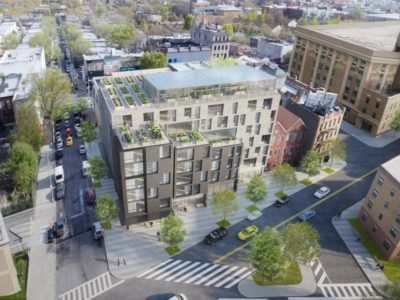On April 21, 2020, Congress reached an agreement on an “interim” stimulus funding aimed at small businesses and the health care sector. The Senate, House, and President are expected to approve and sign this funding by the end of this week. A breakdown of the approved funding levels is below.
While this recent measure provides needed resources for small businesses and the health care sector, it did not include funding for housing or homelessness programs.
Our neighbors experiencing homelessness – and those who serve them – are on the front lines of this crisis. The COVID-19 response will require additional resources to protect their lives, contain the spread, and preserve hospital capacity for all who need it. As Congress debates a fourth stimulus bill, we are asking for additional funding for these critical needs:
- At least $11.5 billion for Emergency Solutions Grants (ESG)
- A national, uniform moratorium on evictions and foreclosures
- $100 billion for Emergency Rental Assistance and Eviction Prevention
Read more about how these resources will strengthen the homeless response system and prevent housing instability and homelessness after this pandemic ends.
Congress Approves Another $484 Billion of Stimulus Funding
Funding for small businesses and organizations
- $310 billion to restart the Small Business Administration’s Paycheck Protection Program
- $10 billion for administrative costs, such as fees paid to lenders participating in the program
- $60 billion of the PPP funding would be set aside specifically for smaller lenders and those serving communities where banks administering the program are limited
- $50 billion more for SBA emergency disaster loans
- $10 billion for grants of up to $10,000 each that disaster loan recipients can obtain, and $2.1 billion for administrative costs
Funding for health care and testing
- $75 billion for the Public Health Social Services Emergency Fund for hospitals and other health care facilities to help treat patients with the virus and address funding shortfalls
- $25 billion for more COVID-19 tests divided between the local, state and federal government; and for a national strategic plan
Testing Needed at Homeless Shelters
Access to universal testing is critically important for homeless response organizations as they attempt to identify those who need shelter for isolation and quarantine. As reported, 146 of the 400 residents at a Boston homeless shelter recently tested positive for COVID-19 (all of whom were asymptomatic). This underscores the need for communities to widely screen for COVID-19 and dedicate resources to non-congregate shelter options.
Communities will not be able to stem the spread of the coronavirus without access to testing and sheltering options. Contact your local officials to urge them to provide resources to their local homeless response organizations.
READ MORE ABOUT THE CARES ACT
[display-posts image_size=”medium” wrapper=”div” wrapper_class=”display-posts-listing grid” meta_key=”_thumbnail_id” tag=”CARES-Act”]




